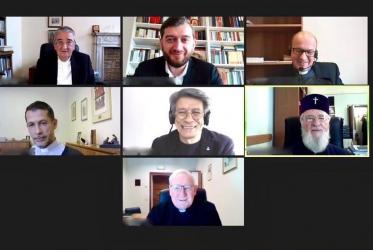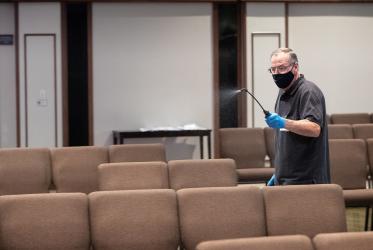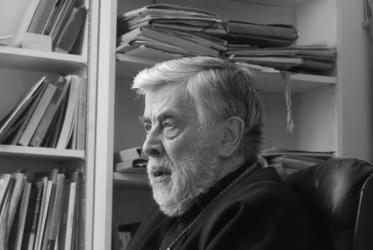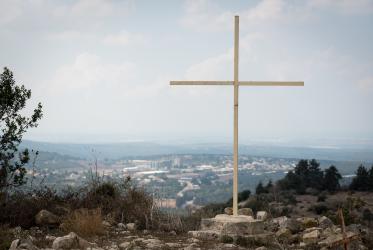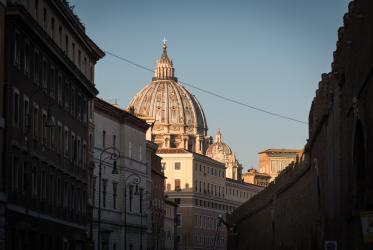Displaying 181 - 200 of 473
Rev. Dr Hans-Ruedi Weber dies at 97
29 October 2020
Bilateral dialogue “an activity of the churches themselves”
29 October 2020
WCC staff, planning together, nurture spirit of one humanity
08 October 2020
Bible study addresses church identity in pandemic
17 September 2020


